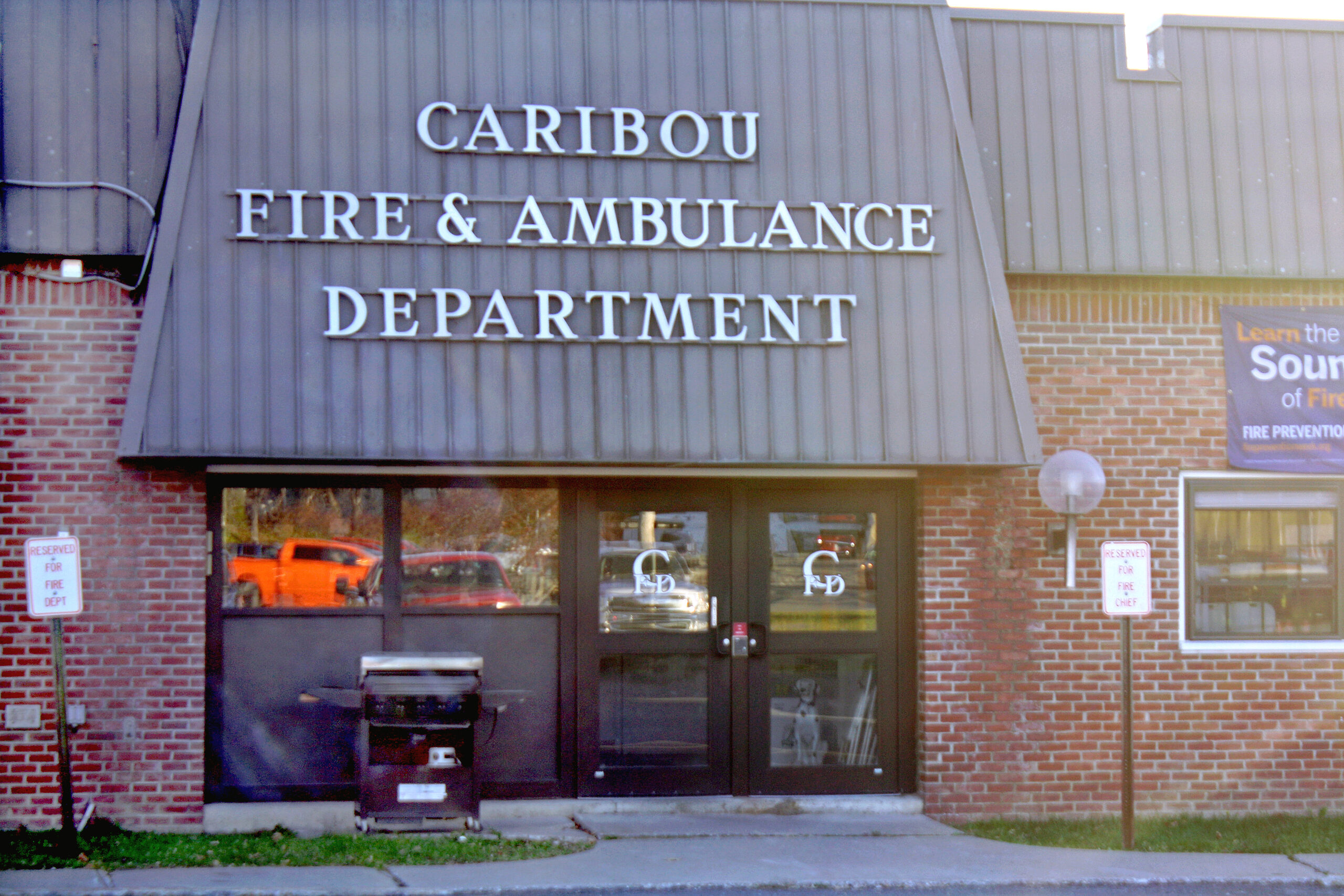CARIBOU, Maine — Caribou Fire & Ambulance has received a major state grant to help fund staff training and modernize the department’s emergency equipment.
In 2023, the Maine Legislature enacted the Maine Emergency Medical Services Stabilization and Sustainability Fund, a $31 million grant program to support EMS departments experiencing staff shortages and other challenges in the aftermath of the COVID pandemic. Grants ranging from $15,000 to $200,000 are available.
Caribou’s grant totals $200,000 and focuses on the stabilization part of the fund, said Fire & Ambulance Chief Brian Lajoie at a city council meeting Monday.
Lajoie originally wanted to use $102,000 of the grant to fund two new on-call EMS responders because one full-time employee was out due to injury. Since then, that employee has returned and Lajoie hired another full-time responder, making his department fully staffed.
“We’ll reallocate [the $102,000] towards overtime expenses,” Lajoie said.
Fourteen full-time EMS employees who remained employed throughout the pandemic and are still with the department will receive $2,000 “COVID response stipends” divided from the $28,000 total, Lajoie said.
As part of the grant, $5,000 will fund training to help personnel advance from basic EMT to advanced EMT providers. Two employees currently are at the basic level, but most are already at advanced or paramedic levels, Lajoie noted.
The department will give $1,000 stipends to two employees who will serve as a training coordinator and infection control officer. Another $1,000 stipend will be used for administrative support.
The grant’s remaining funds will go towards the following equipment purchases: $12,000 for a medical scenario simulator; $24,920, a new chest compression system; $9,380, video laryngoscopes; $6,250, a hydraulic lift system; $8,000, new EMS supply packs; and $1,450, a new storage rack for the EMS supply room.
The hydraulic lift system will be a first for Caribou EMS and especially beneficial to obese patients who need assistance with standing during a medical episode, Lajoie noted.
“It has a platform that slides under the patient and puts them into a sitting position,” Lajoie said.
Lajoie and staff have already begun many of the equipment purchases and will need to send a detailed report to the state by Dec. 31, he said.








